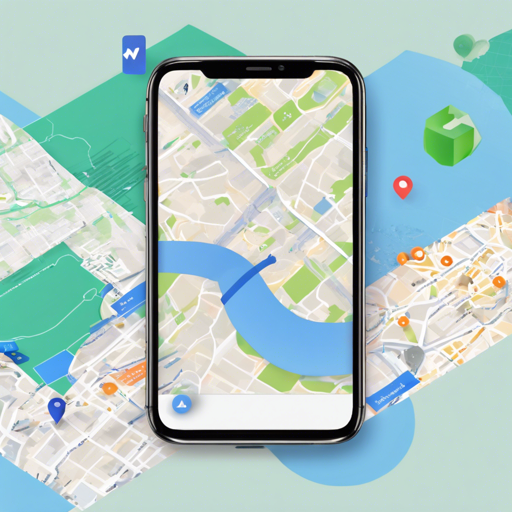If you’re looking to integrate location services into your Flutter application, the AMap Location Plugin offers a seamless solution that empowers your app with precise geolocation features. In this article, we will guide you through the setup process, including both Android and iOS platforms, along with necessary troubleshooting tips.
Step-by-Step Guide to Setting Up AMap Location
Before we dive into coding, let’s understand the basic steps to implement AMap in your Flutter app.
1. Setting Up AMap for Android
- API Key: Create a project on the AMap website to obtain your API key. Visit AMap API Key Guide for instructions.
- Modify build.gradle:
Access your app’s
build.gradlefile and include the following:android { defaultConfig { ... manifestPlaceholders = [ AMAP_KEY : "your_api_key_here" ] ... } dependencies { implementation 'com.amap.api:location:latest.integration' ... } }
2. Setting Up AMap for iOS
- API Key: Similar to Android, generate your API key from AMap API for iOS.
- Info.plist Config: Add the following key-value pair in your
info.plistfile:<key>NSLocationWhenInUseUsageDescription</key> <string>Your app needs access to your location</string>
3. Code Implementation in Dart
Now it’s time to implement the AMap Location functionality in your Dart code. Here’s the essential code snippet to get you started:
import 'package:amap_location/amap_location.dart';
void main() {
AMapLocationClient.setApiKey("your_api_key_here");
runApp(new MyApp());
}
Future initializeLocation() async {
await AMapLocationClient.startup(new AMapLocationOption(
desiredAccuracy: CLLocationAccuracy.kCLLocationAccuracyHundredMeters
));
await AMapLocationClient.getLocation(true);
AMapLocationClient.onLocationUpdate.listen((AMapLocation loc) {
if (!mounted) return;
setState(() {
// Update your UI or state with the location
});
});
AMapLocationClient.startLocation();
// When done
AMapLocationClient.stopLocation();
}
Understanding the Code through Analogy
Think of the AMap Location Plugin as a compass and your Flutter app as a hiker. The compass (AMap) provides crucial direction (location data) that guides the hiker (your app) in understanding where it is and possibly where it wants to go.
- Setting the API Key is akin to ensuring that your compass has the right calibration to guide you accurately.
- Initial setup and calling methods like
startLocation()are similar to the hiker unfolding the compass and starting their journey. - Listening for updates mimics the hiker checking the compass regularly to adjust their path based on the orientation.
Troubleshooting Tips
If you encounter issues, try the following troubleshooting steps:
- Verify that your API key is correctly configured in both Android and iOS.
- Check if you have granted the necessary location permissions in your app settings.
- Ensure that you have included the required dependencies in your
pubspec.yamlfile:
dependencies:
amap_location: ^latest_versionFor more insights, updates, or to collaborate on AI development projects, stay connected with fxis.ai.
Conclusion
Setting up the AMap Location Plugin in Flutter can significantly enhance your app’s location-based functionalities. Remember to follow the steps outlined above and refer to the documentation for more advanced features. At fxis.ai, we believe that such advancements are crucial for the future of AI, as they enable more comprehensive and effective solutions. Our team is continually exploring new methodologies to push the envelope in artificial intelligence, ensuring that our clients benefit from the latest technological innovations.

